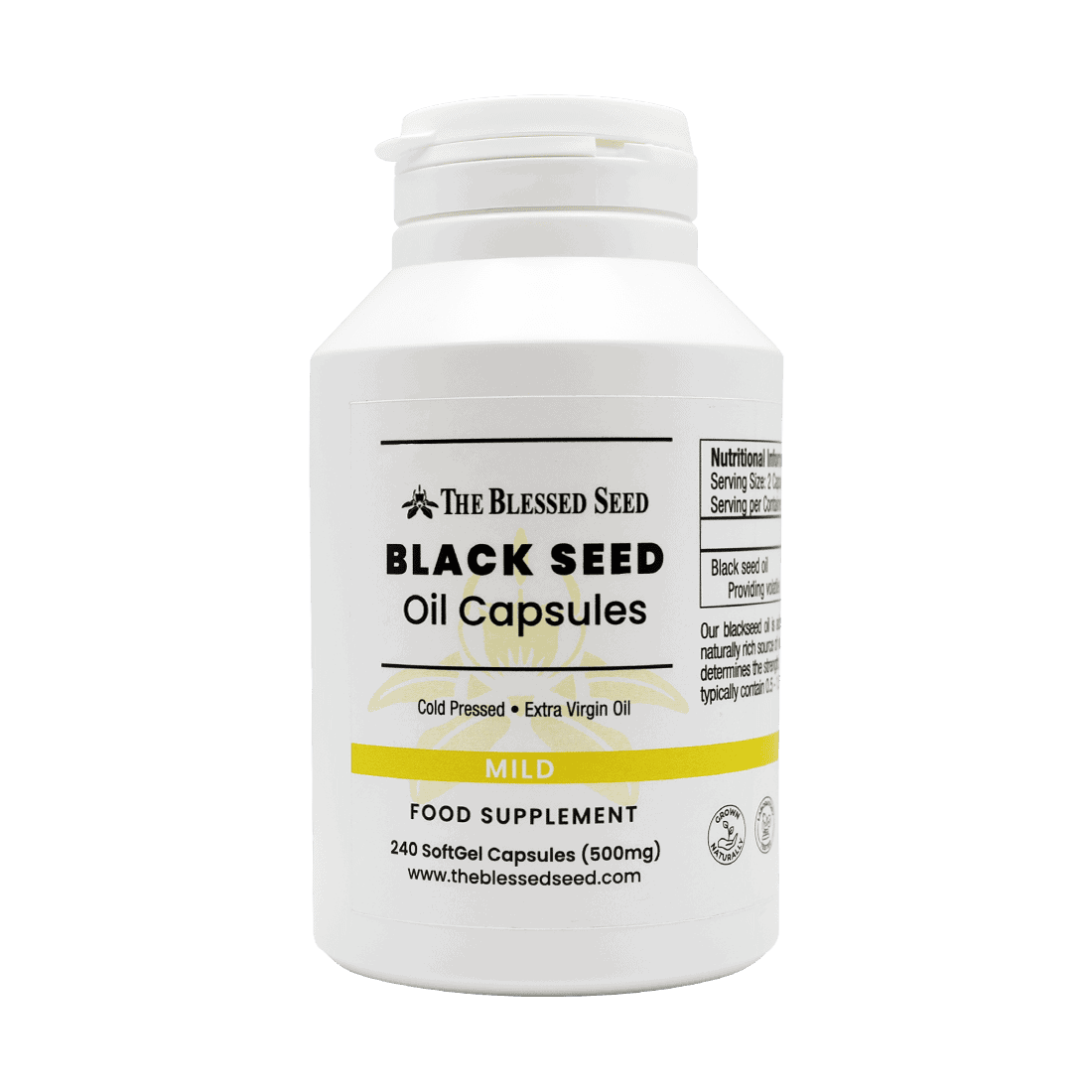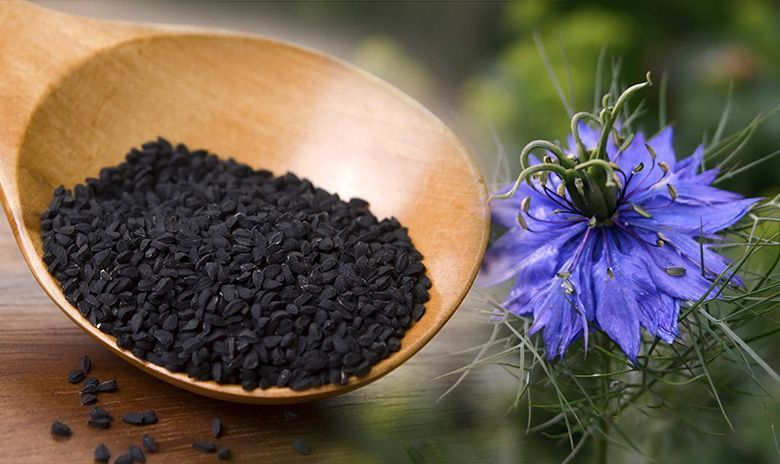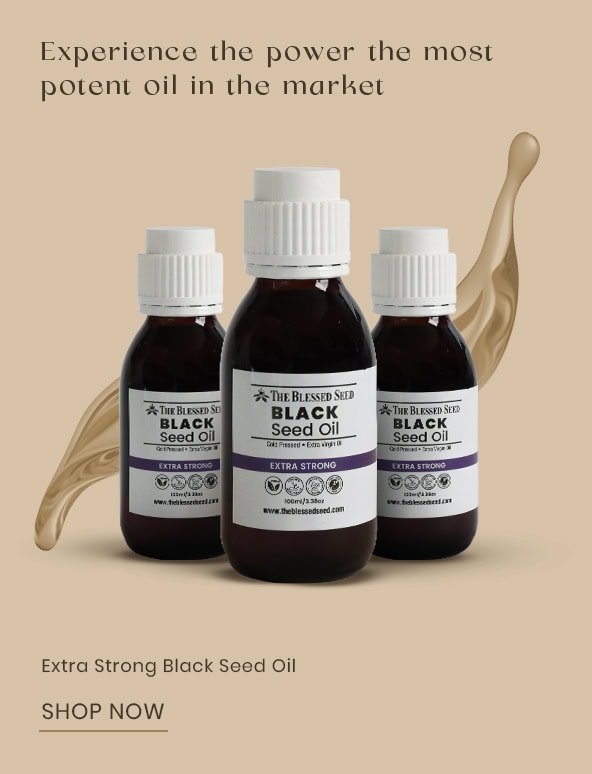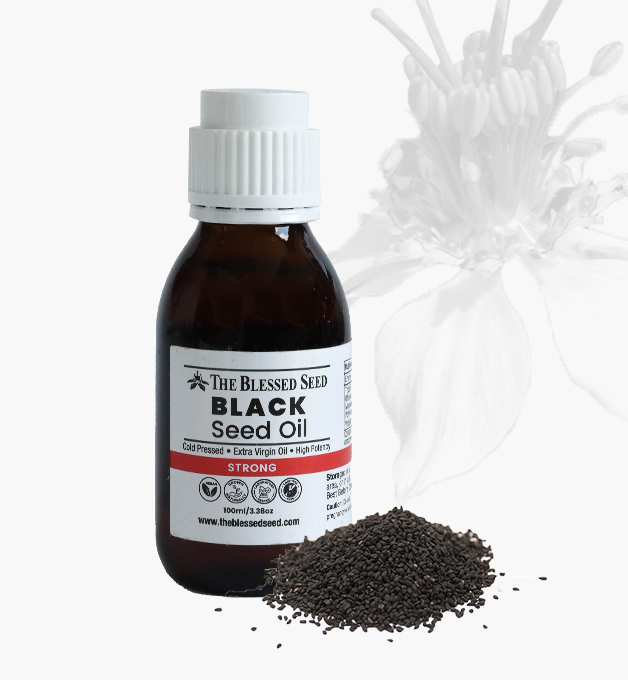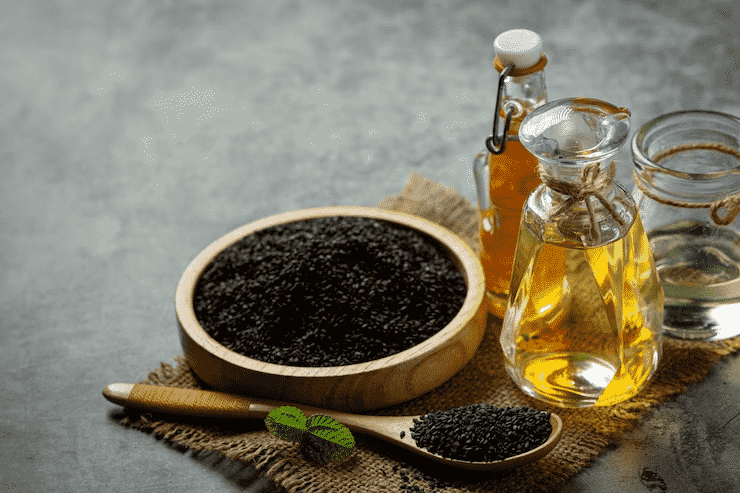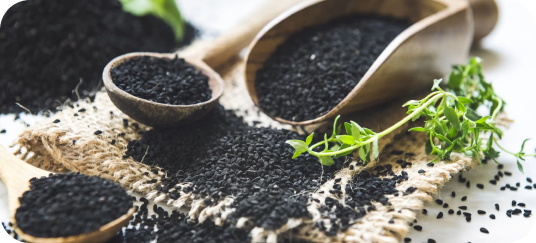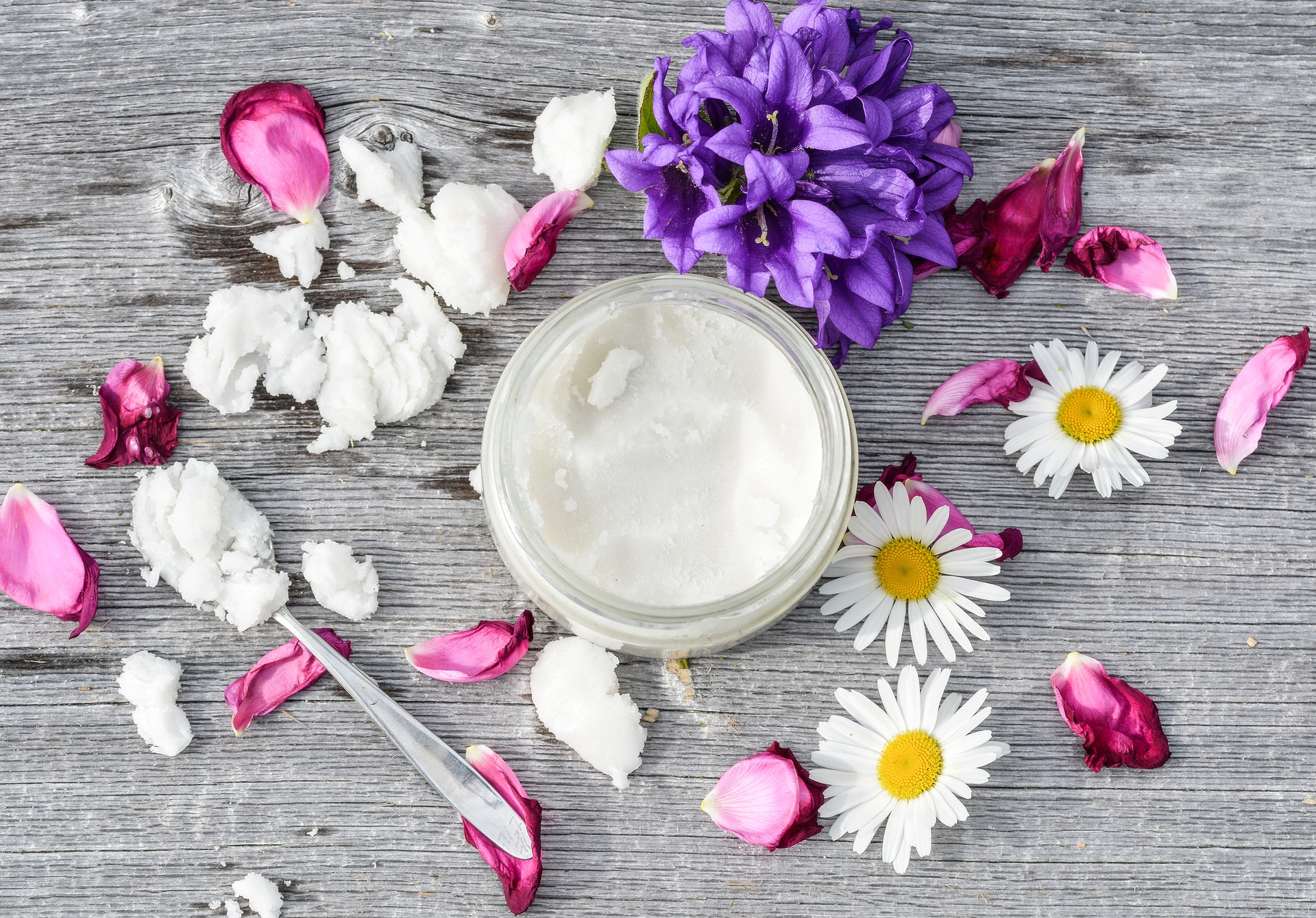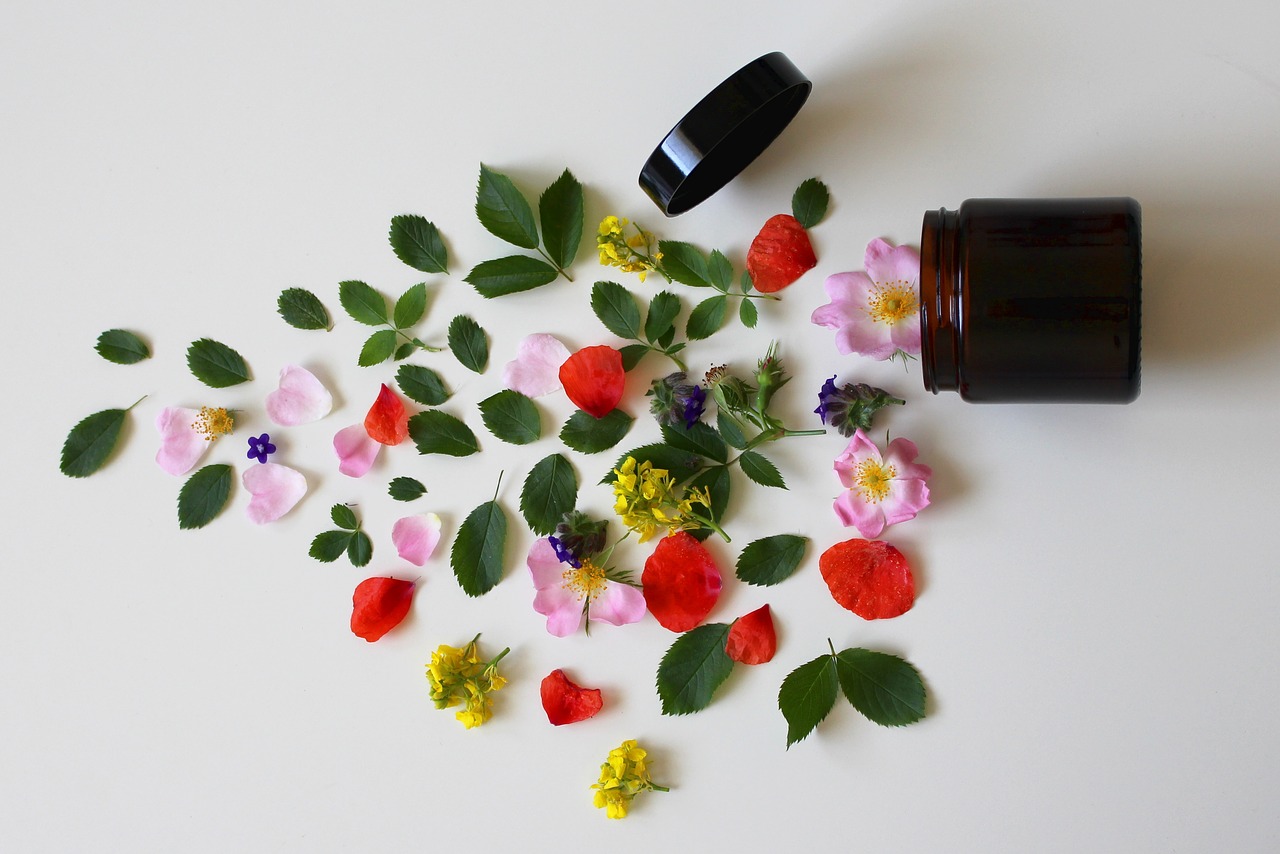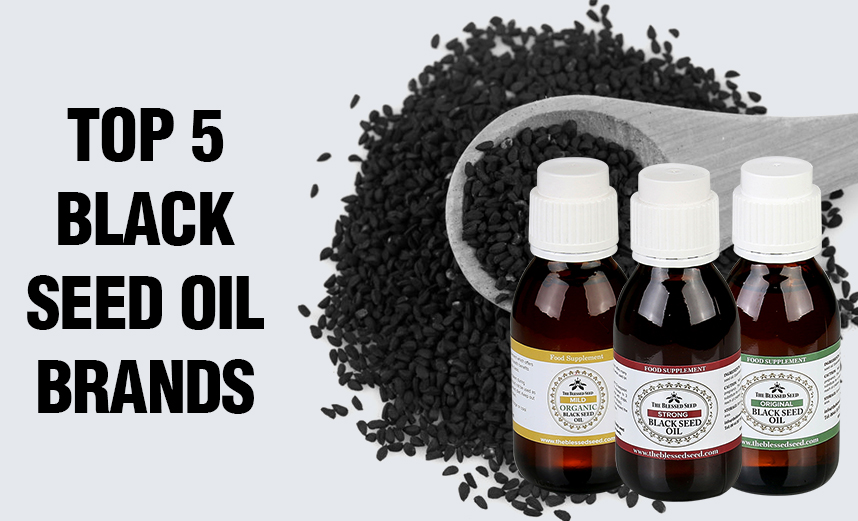Since the dawn of civilization, few herbal remedies have stood the test of time as well as black cumin oil. This elixir dates back to the time of the Pharaohs, who used it as a treatment for their aches and pains. Today, in terms of value-for-money, it is the go-to choice for health and wellness buffs everywhere.
Increasingly, organic cold-pressed black seed oil is the informed pick for a healthier lifestyle. To understand why that choice makes a difference, you will first need to take stock of your health needs. Secondly, it helps to understand the process of making premium organic black seed oil and why it is really good for your lifestyle.
A Quick Overview of Black Seed Oil
Blackseed oil has been a popular health-giving tonic since ancient Egyptian times. Since then, it has become a staple of Mediterranean, Middle Eastern, and Asian traditional medicine.
It is derived from the seeds of the Nigella sativa plant, traditionally by cold-pressing. N. sativa oil is rich in nutrients and essential fats, like linoleic acid.
The key active ingredient is thymoquinone, which is a potent plant-based chemical. This substance is unique to the black seed plant, and is the main source of its healing and stimulating capabilities.
Benefits of Black Seed Oil
Hadith hails Nigella seeds as the cure for all except for one’s demise. Across traditional and contemporary medicine, black seed oil offers a near-endless array of benefits.
Anti-inflammatory
Black seed oil has natural soothing properties against skin conditions, like acne and psoriasis, as well as rheumatism, arthritis, and asthma.
Antioxidant
Thymoquinone is a powerful antioxidant and helps strengthen the immune system, lowers the risk of hypertension, and even has diuretic properties.
Relaxant
A regular, controlled diet of thymoquinone-rich black seed is associated with improved sleep and lower stress and anxiety levels.
Antiseptic
The essential oils found in cold-pressed black seed oil have antimicrobial capabilities. It is also very effective against skin infections, foodborne diseases, and drug-resistant microbes.
Anti-cancer
Aside from boosting the immune system, thymoquinone targets different types of tumours and cancerous cell lines.
How Black Seed Oil Is Made
There are two main methods of commercial seed oil production: cold-pressing and solvent extraction. In both cases, the goal is to separate as much oil from the seed as possible.
Cold-pressing
This technique is fairly simple and self-explanatory. High-quality black cumin seeds are fed raw into a mechanical crusher, which forces the oil out of them. The result is a mixture of liquid oil and crushed seed bits. This leads to the final step of simply passing the oil through a not-too-fine sieve.
Crucially, it is called “cold-pressing” because it happens at lower than 40 °C, or 104 °F. Cold-pressed oil is also not treated with any chemicals or preservatives. It is fully unrefined from seed to shelf. So, when we’re talking about ‘organic’ black seed oil, this is how it’s made.
Solvent Extraction
This process is a bit more complicated. In it, black cumin seeds are processed and treated with some type of chemical solvent. Some variations of this technique involve exposing the seeds and their contents to heat and radiation. Afterwards, the oil is separated from the chemical mixture through distillation.
Comparing Both Methods
Both methods of extracting black seed oil have their benefits. Let’s take a look at why some producers go for solvent extraction.
For context, Nigella seeds contain between 32 to 40 percent oil by volume. Processing them through heat and chemicals forces out more oil from the seeds.
As a result, the oil yield of solvent-treated seeds can be more than 30 percent. By contrast, cold-pressing usually produces oil at a range of 10 to 27 percent. Increasing the temperature can help increase this yield, but not by that much. Plus, chemical extraction is also much quicker than the mechanical method.
However, the chemical makeup of black seed oil is a delicate one. To preserve it, maintaining a cool, chemical-free environment is essential.
Cold-pressing helps maintain the unique bioactive and nutritional properties of black cumin oil. Solvent treatment weakens essential oils as well as the antioxidant capabilities of thymoquinone. Plus, refined oil has much lower levels of thymoquinone altogether, often by 90 percent.
So, to summarize, solvent extraction is better quantitatively, while organic cold-pressing has the edge in preserving quality.
Verdict: Why Organic Black Seed Oil Is The Clear Choice
It goes without saying that, when aiming for better health and wellness, organic is the way to go. When treating severe health conditions from chronic fatigue to cancer, potency matters. Organic cold-pressed black seed oil maintains all the health-giving aspects with no alterations.
Is it more expensive to produce and buy? Sure. But there is no price too high for a sound mind and body, and nothing offers such excellent value for money as pure black seed oil.
Tips for Buying Organic Black Seed Oil
Find Clues in the Packaging
If you’re buying cold-pressed oil, it should say so on the bottle. You may also find the right labels to ensure that your oil is certified organic.
Start Small
Unrefined black seed oil is one of the safest health foods out there. Still, if you are worried about potential side effects or don’t like the taste, worry not. Simply lower your dosage as per the labeled instructions. Or better yet, look for mild alternatives for original or strong recipes of black seed oil.
Reliable Sellers Matter
When looking for black seed products, it is important to delve into the company selling them. Look for trusted, certified, and experienced sellers, like the good people over at The Blessed Seed. Product reviews and testimonials can help you make informed decisions.
In Closing
When looking for an all-natural solution to all your healing needs, a little research goes a long way. Study after study shows that organic cold-pressed black seed oil is the ultimate source of potent, life-affirming thymoquinone. Remember that if you ever feel torn between refined slop and the pure, uncontaminated elixir of the blessed seed.
